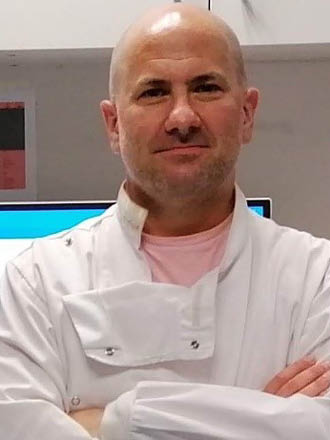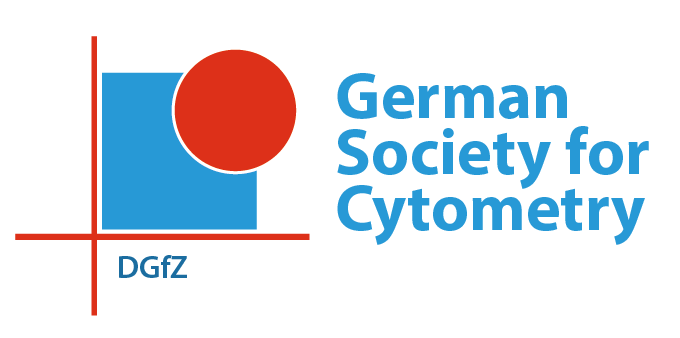European Guest Session: Ireland
Thursday, 12.09.2024, 11:30 am
Chairs: Alfonso Blanco & Barry Moran

Barry Moran
Trinity Biomedical Sciences Institute, Trinity College Dublin
Complementary cell analysis technologies to elucidate skin disease – No Kuddelmuddel!
Background: Cell analysis technologies can add important information to under-recognized and understudied skin diseases such as chronic spontaneous urticaria (CSU) and hidradenitis suppurativa (HS). CSU is a skin condition characterized by recurrent itchy hives that has a major impact upon quality of life, while HS is a chronic skin disease with painful, oozing lesions and abscesses. Treatment to date for both conditions is inadequate in many patients.
Objectives: Characterising the skin and blood immune cells, their transcriptome and secretome, in these diseases will lead to a better understanding of their pathogenesis, providing a rationale for new or stratified therapeutic strategies.
Methods: In these studies we employed flow and imaging cytometry, microscopy, single cell RNA sequencing, multiplex assays and ELISA to characterise immune cells isolated from patients and healthy donors.
Results: This presentation will discuss the findings of both studies. The CSU study identified an increase in mast cell precursors in patient blood, with high expression of these cells a strong predictor of better clinical response. The HS study identified distinct immune cell subsets and an enhancement of specific genes and pathways associated with Th17 cells, IL-17, IL-1β, and the NLRP3 inflammasome (an inflammatory protein complex) in patient skin. Inhibiting this NLRP3 inflammasome in HS patient skin explants significantly reduced inflammatory markers, providing a rationale for a potential new therapy.
Conclusion: Complementary single cell analysis technologies can provide invaluable insights into skin disease pathology and treatments.
Bioscetch
Dr Barry Moran leads the Flow Cytometry Facility at Trinity College Dublin, supporting over 130 multi-disciplinary research groups. He is also teaching and research active, running his department’s PhD training modules alongside his primary research interest of immune dysfunction in skin disease. He is a Fellow and Executive Committee member of the Royal Microscopical Society (RMS) and the Core Technologies for Life Sciences society (CTLS) and, with Alfonso Blanco, he leads the Cytometry Society of Ireland.

Name
Abstract

Name
Affilliation
Abstract

Name
affiliation
Abstract

Name
Affiliation

